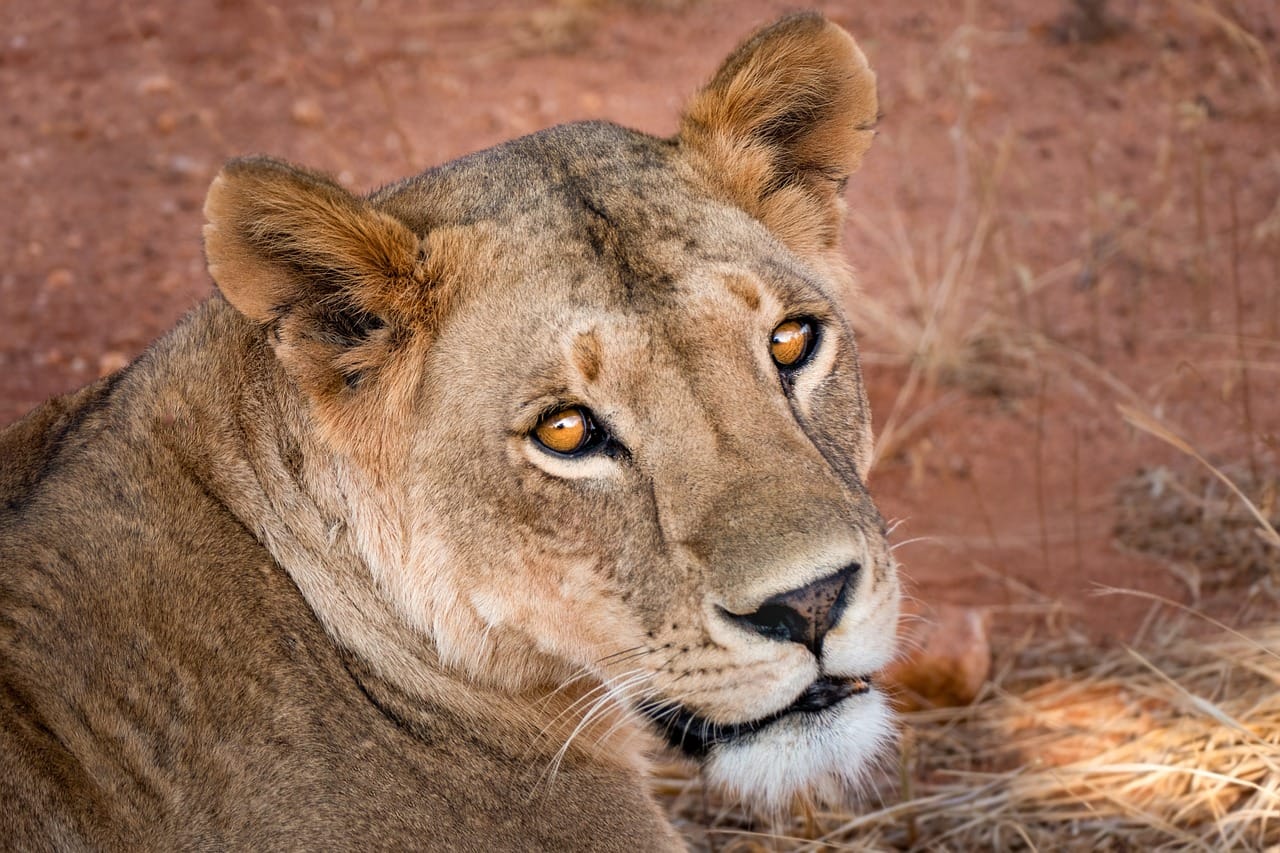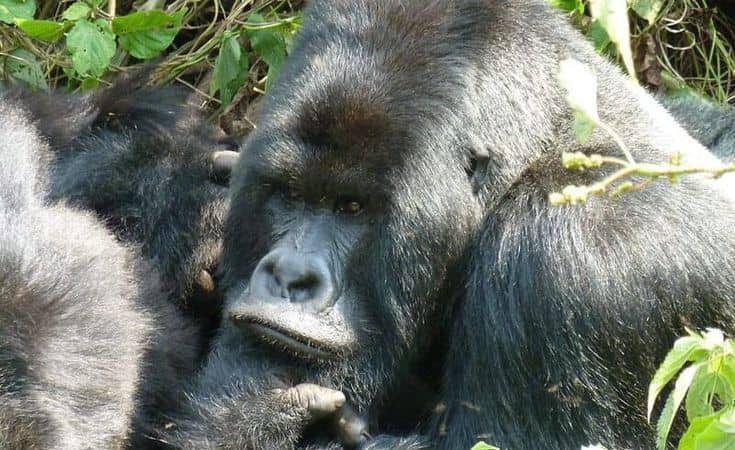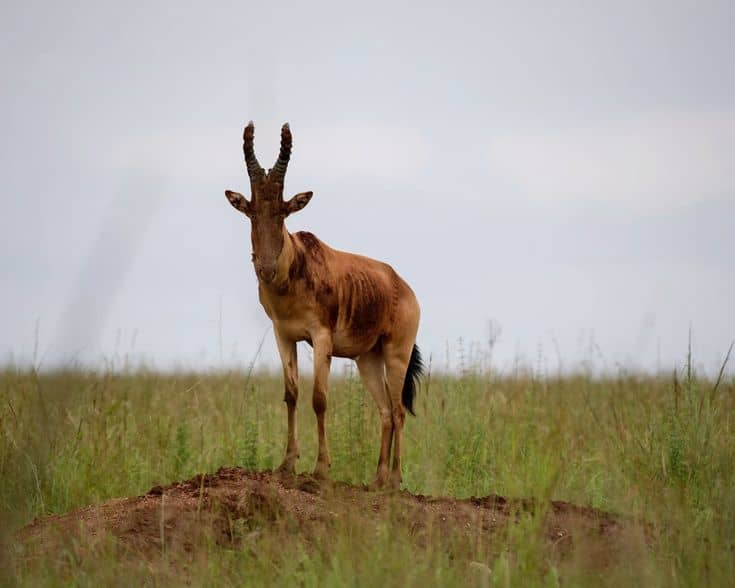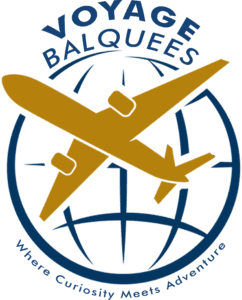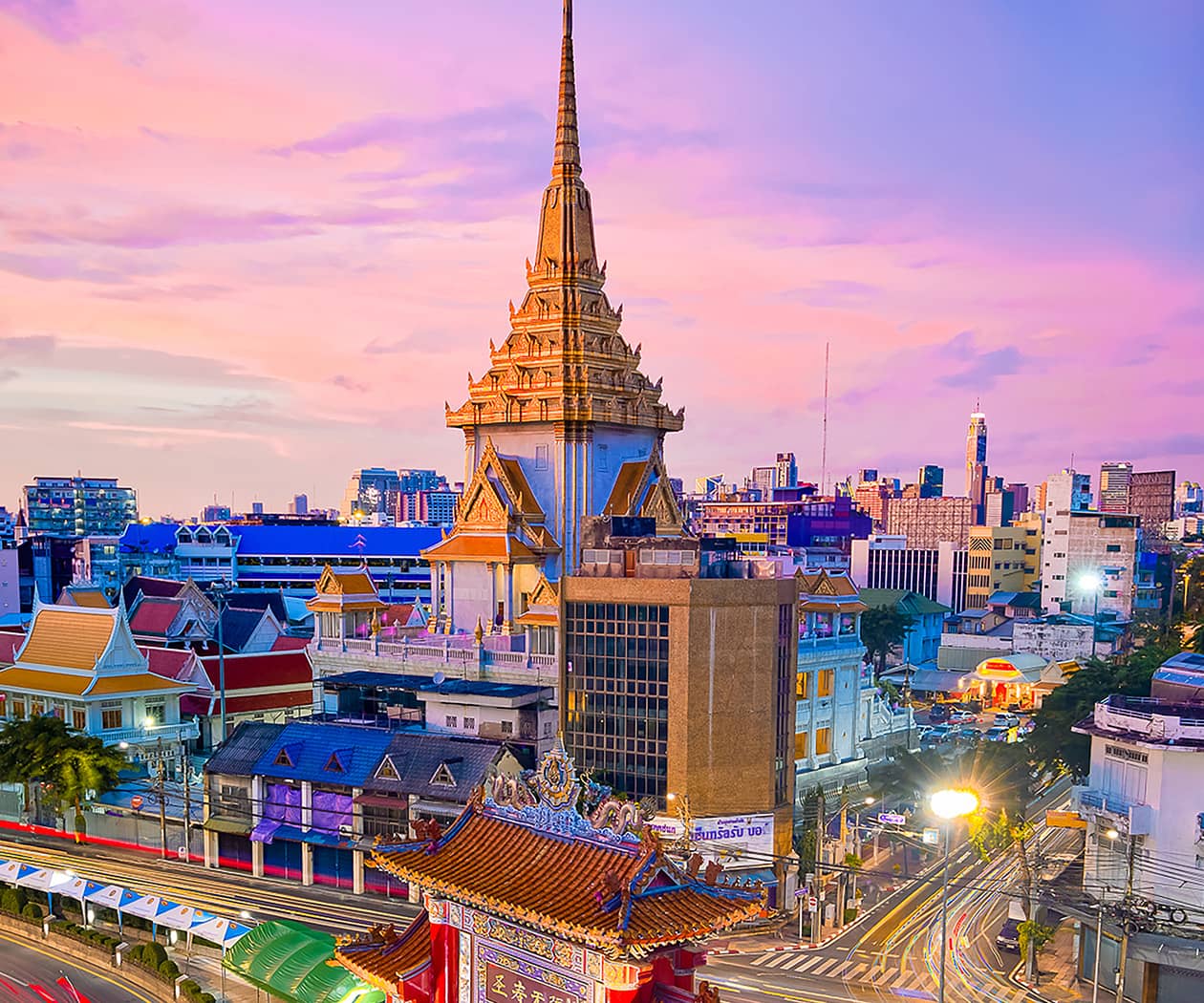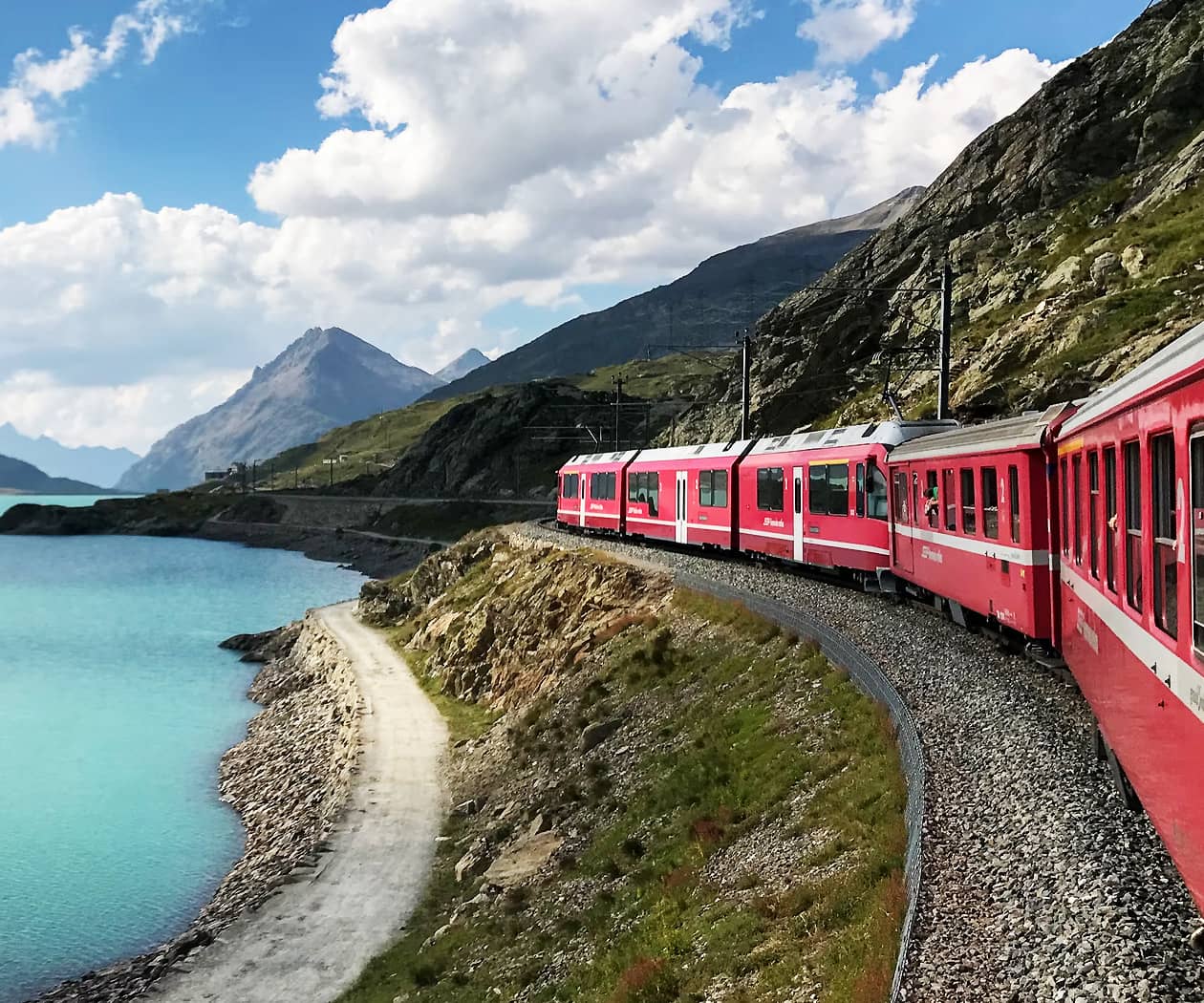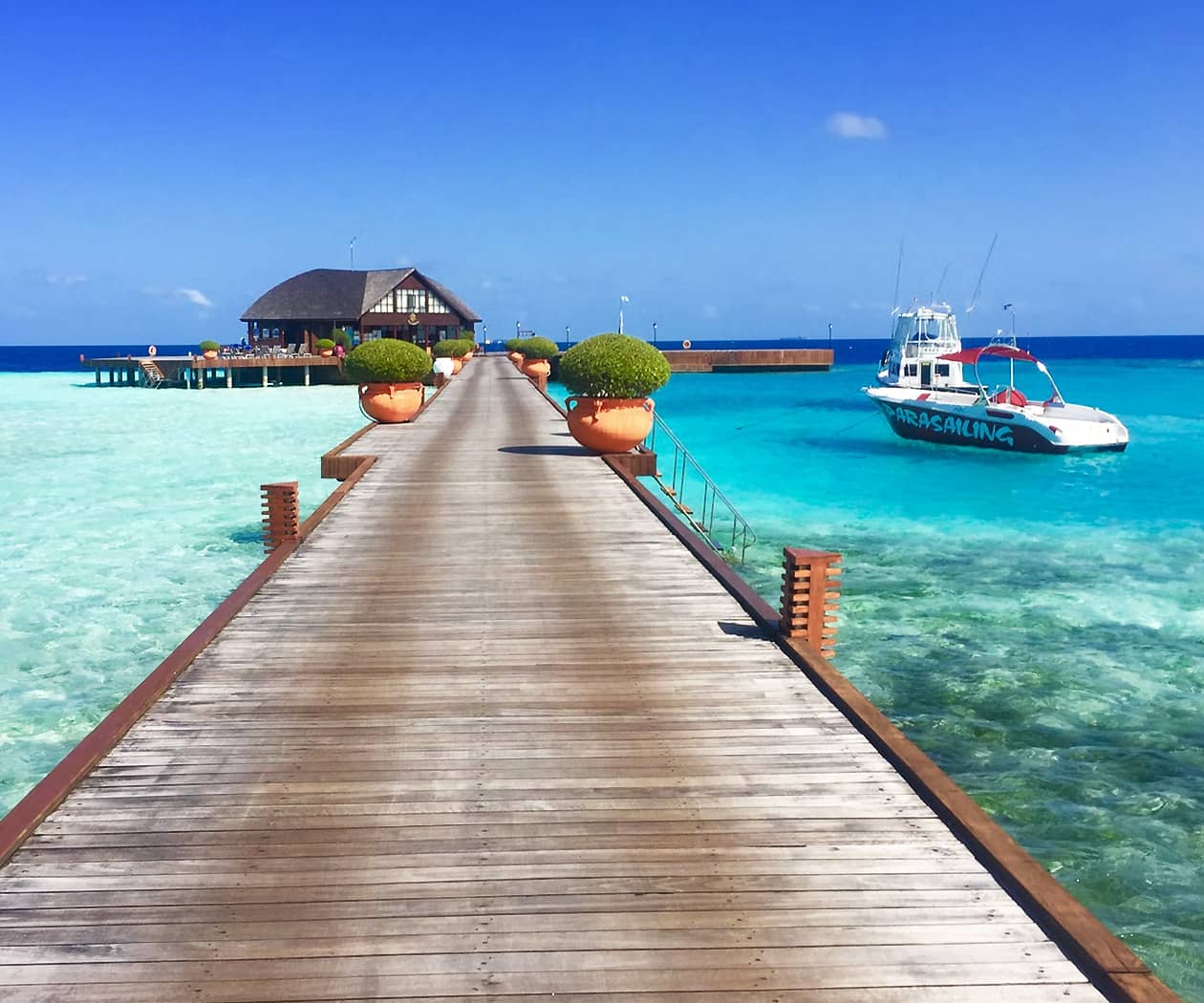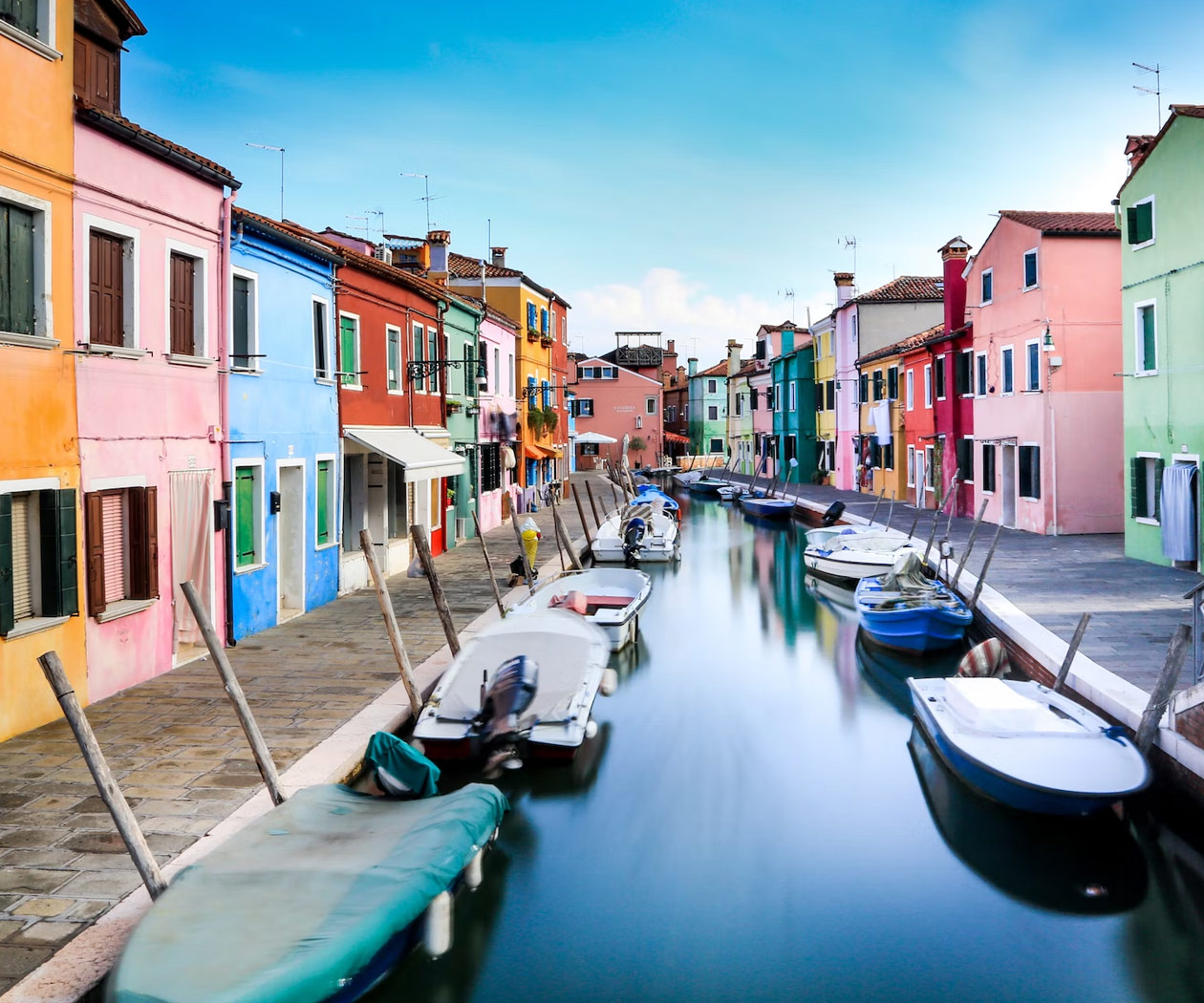Hidden Costs of Gorilla Trekking and How to Avoid Them
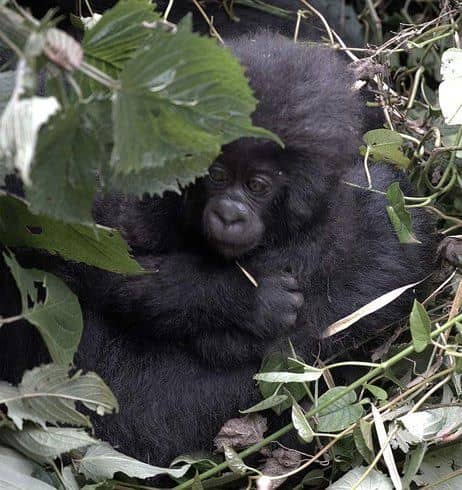
Gorilla trekking in Uganda is a bucket-list experience, but many travelers are surprised by unexpected expenses that can strain their budget. Understanding the Hidden Costs of Gorilla Trekking and How to Avoid Them is crucial for planning an unforgettable yet affordable adventure. This comprehensive guide reveals all potential extra charges, from park fees to equipment rentals, and provides smart strategies to keep your safari costs under control without compromising your experience.
Why You Need to Know About Hidden Gorilla Trekking Costs
While everyone budgets for the $700-$800 permit, few anticipate additional expenses that can add $500+ to your trip. Being aware of these Hidden Costs of Gorilla Trekking and How to Avoid Them helps you:
Avoid stressful financial surprises
Allocate your budget more effectively
Find legitimate ways to save money
Focus on enjoying your experience
Support local communities responsibly
Let’s break down where unexpected costs lurk and how to manage them smartly.
1. The Permit Isn’t Everything: 5 Commonly Overlooked Expenses
A. Transportation Costs
-
4×4 Rental: $80-$150/day (essential for rough park roads)
-
Fuel: $1.50/liter (long distances add up quickly)
-
Parking Fees: $10-$30 at some lodges
How to Save:
→ Share vehicles with other travelers
→ Book through a tour operator that includes transport
→ Use scheduled shuttle services from Kampala
B. Accommodation Surcharges
-
“Park Adjacent” Premium: Lodges near Bwindi cost 20-40% more
-
Single Supplement Fees: $50-$150/night for solo travelers
How to Save:
→ Stay in community guesthouses ($30-$80/night)
→ Book during shoulder seasons (April-May, September)
2. Gear and Equipment: The Silent Budget Killers
Many first-time trekkers don’t realize they’ll need:
-
Waterproof Hiking Boots: $100-$250 if you don’t own suitable pairs
-
Quality Rain Gear: $50-$150 for reliable protection
-
Walking Poles: $10-$50 (often rentable at trailheads for $5)
Smart Solution:
Rent equipment in Kampala for 50-70% less than buying new. Companies like Kampala Outdoor Rentals offer full trekking kits for $30/week.
3. Tipping and Community Fees
While voluntary, these costs add up quickly:
-
Guides/Porters: $10-$20 per person per day
-
Lodge Staff: $5-$10 per day
-
Community Visits: $20-$50 for cultural experiences
Budgeting Tip:
Set aside $100-$150 specifically for tips and community visits to avoid last-minute stress.
4. Health and Insurance Surprises
Two often-forgotten essentials:
-
Travel Insurance: $50-$150 (must cover evacuation)
-
Yellow Fever Vaccination: $100-$150 if not previously vaccinated
Pro Advice:
Check if your credit card offers travel insurance benefits before purchasing separately.
5. Border Crossing Costs (For Rwanda-Uganda Itineraries)
If visiting both countries:
-
East African Tourist Visa: $100 (covers Uganda/Rwanda/Kenya)
-
Border Transport: $50-$100 for private transfers
Savings Hack:
Fly into Kigali but trek in Uganda (permits are $300 cheaper than Rwanda’s $1,500).
How to Avoid Hidden Costs: 5 Pro Tips
-
Book Through Reputable Operators
All-inclusive packages often work out cheaper than DIY planning -
Travel in Small Groups
Split vehicle and guide costs with 4-6 people -
Pack Smart from Home
Bring essential gear to avoid rental fees -
Monitor Exchange Rates
Pay permits in USD when the shilling is strong -
Ask About Discounts
East African residents get 30-50% off some fees
Sample Budget Breakdown: Expected vs Hidden Costs
| Expense | Expected Cost | Hidden Cost Potential |
|---|---|---|
| Permit | $800 | $0 (fixed) |
| Transport | $300 | +$200 (fuel, repairs) |
| Lodging | $600 | +$180 (single supplement) |
| Gear | $0 | +$250 (rentals) |
| Tips | $0 | +$120 |
| Total | $1,700 | $2,450 |
Savings Potential: With planning, you can keep costs closer to $1,900.
Final Advice: Hidden Costs of Gorilla Trekking and How to Avoid Them
By understanding these Hidden Costs of Gorilla Trekking and How to Avoid Them, you’ll enjoy Uganda’s incredible primates without financial stress. Remember:
-
Research thoroughly before booking
-
Pack strategically to minimize rentals
-
Build a 15-20% buffer into your budget
-
Support local businesses ethically
Ready to trek smart? Use this guide to plan your dream gorilla adventure without breaking the bank!
